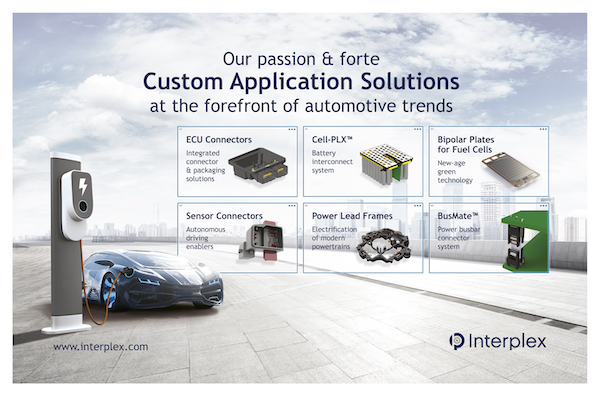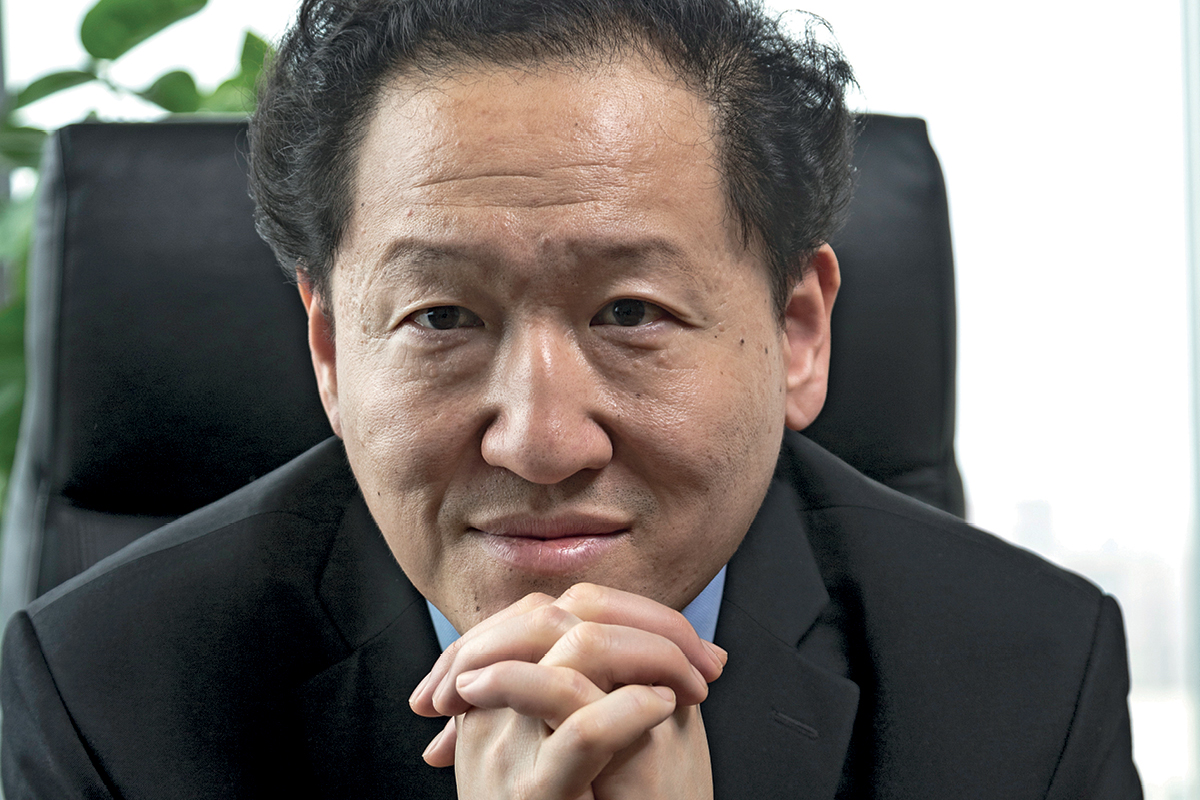When Jing Chang began his professional career, he never saw himself as a manager. “I thought leading a team was difficult,” he laughs. “Managing more than two or three people was a struggle for me.”
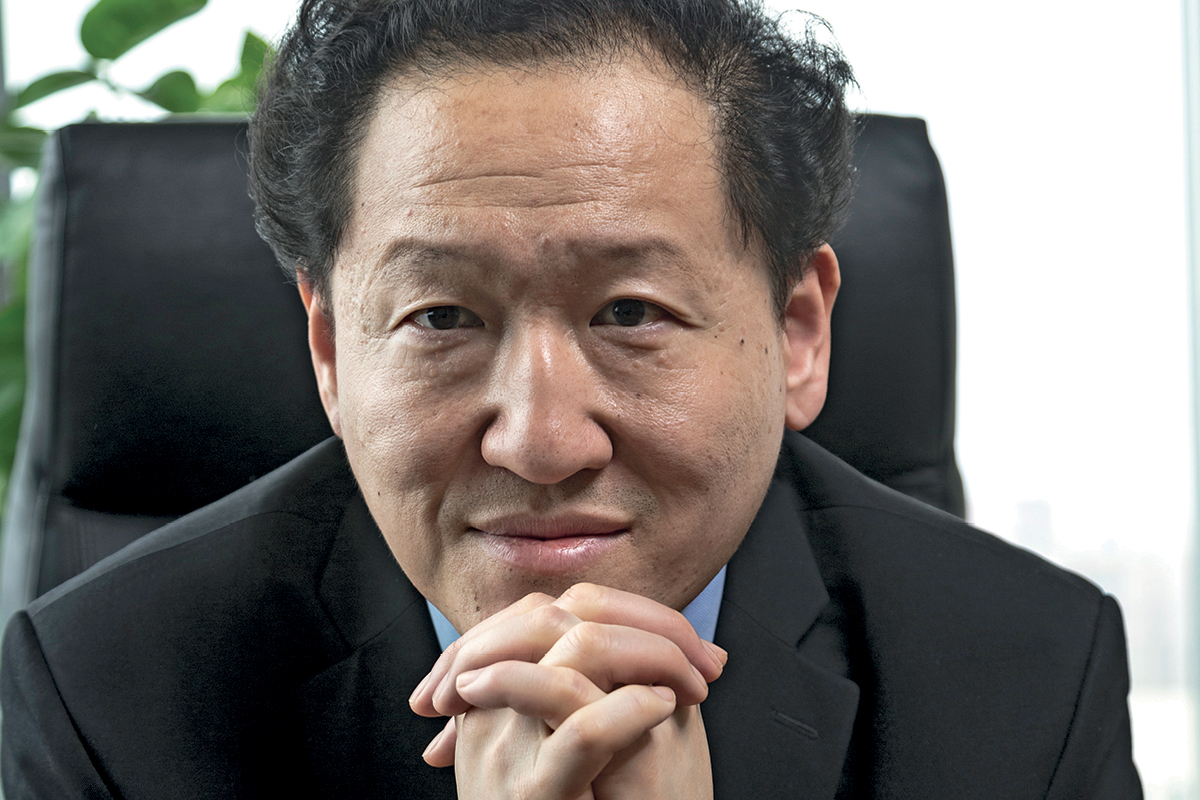
Today, Jing stands tall as Senior Vice President and Managing Director of sensor manufacturer Sensata Technologies Asia. But what was the trick to overcoming his fear? “I learned to understand my strengths and weaknesses,” Jing explains.
“I never thought I could lead people. But then I realised a management position was more suited to my personal profile and character. So, I started with project management, not directly managing people. You really get involved with different people who are part of the project and that challenged me. It helped me learn how to communicate, how to influence and how to get everybody aligned to one goal. I also learned how to understand different people’s strengths and weaknesses and how to motivate them. That process developed me – sometimes in a hard way, sometimes in an easy way – into someone ready to take on a leadership role.”
Jing grew up in the Zhongguancun area of Beijing, also known as China’s Silicon Valley. Both his parents had a science background, which helped him to understand aspects of research and technology. But living in that area served as the catalyst for his interest in technology. “It used to be the research valley of China,” Jing comments.
For many years, individuals would just do research but wouldn’t bring anything to life, he says. Eventually, the researchers began to interact with various industries, particularly tech companies, sparking several new applications and a boom in industrial change.
“As I grew up, through elementary school, that research valley – my neighbourhood – eventually became China’s Silicon Valley,” Jing says.
“It really shocked me how much impact technology can have. You just need to look at the transformation of the place where I grew up, that of the country and of the whole world. That triggered why I went to college and made the decision to get into technology.”
When Jing completed high school, his family immigrated to the US. He studied electrical engineering at the University of Illinois, which, he admits, he found rather challenging. “There was a lot of math involved and I struggled,” he says, with a laugh.
But that didn’t deter Jing. He developed an interest in sensor technology and began his career at Motorola in 1995. Jing then moved into the automotive sector to work in telematics – a fusion of telecommunications and vehicle technology.
In 2004, he moved back to China and, after more time spent in the telecoms and automotive sectors, he decided to join Sensata Technologies China in 2012.
Sensata Technologies China, a subsidiary of US-based Sensata Technologies, develops sensors and related software for several industries. It takes its name from the word ‘sensate’ or ‘those gifted with sense’ and its logo even spells ‘Sensata’ in Braille.
About 60% of the company’s portfolio is targeted at the automotive sector, the other 40% is spread across other industries.
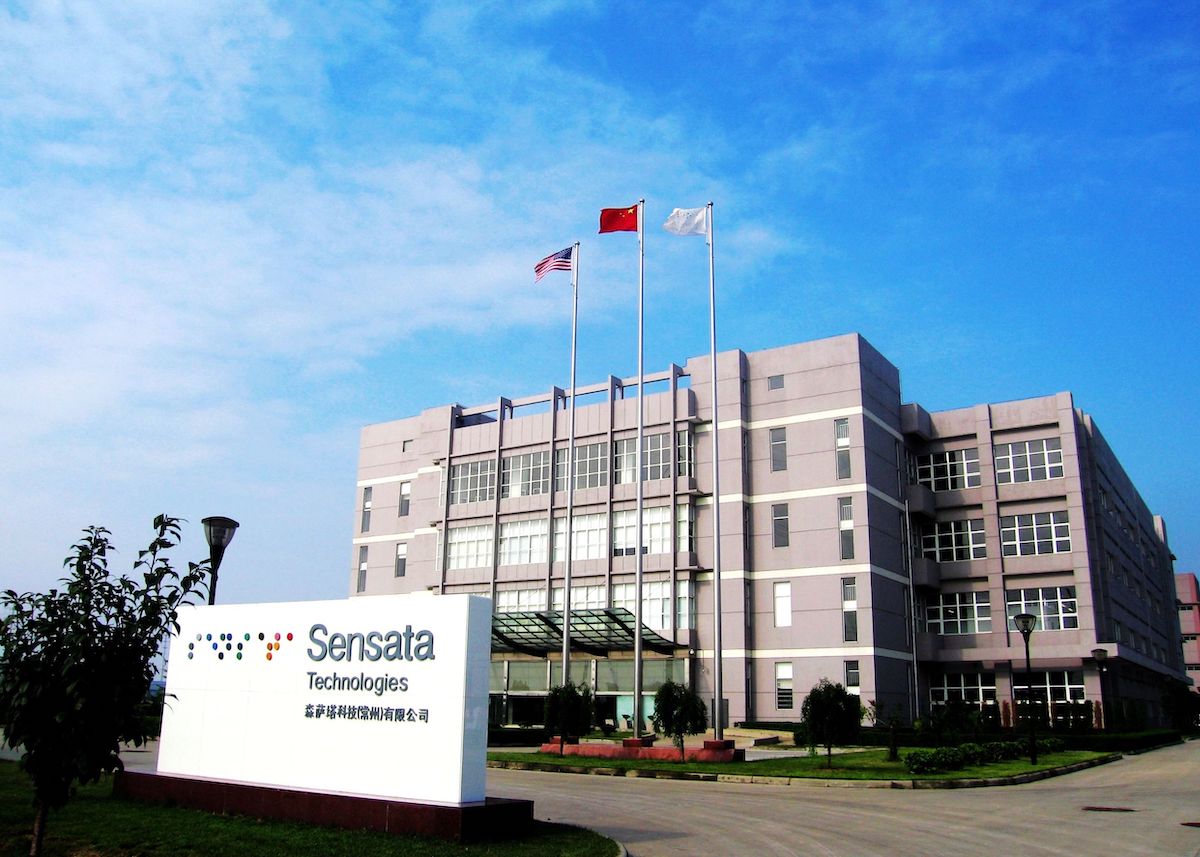
In the automotive sector, sensors are mainly used for safety systems, including the chassis, tyre-pressure systems, power trains, engines and transmissions. The sensors provide real-time signals for controlling these systems, making vehicles safer, cleaner and more efficient.
With a background in telecommunications and automotive, Jing had expected to work for a company that created larger products, until he realised the significance of sensors. “I was really attracted by the small sensor devices that use advanced technology and create so much value,” Jing says of the reason he joined Sensata.
“It made me feel like I was making a big impact. I never expected to manage a company that makes small devices, but it has been a fun and rewarding experience.”
Jing says that as the automotive industry is heading towards more autonomous vehicles, it will require more sensing and signalling technologies.
“We are well positioned to capture future growth for that. Right now, a lot of our solutions are working towards the Internet of Things and Industry 4.0. We want to improve the safety and productivity of our customers.”
With the IoT becoming a mainstay in modern applications, Sensata Technologies China sees an exponential increase in the need for sensors. Jing particularly sees a greater need in the industrial sector. “That market is becoming riskier and more complex,” he says. “It requires lot of signalling.”
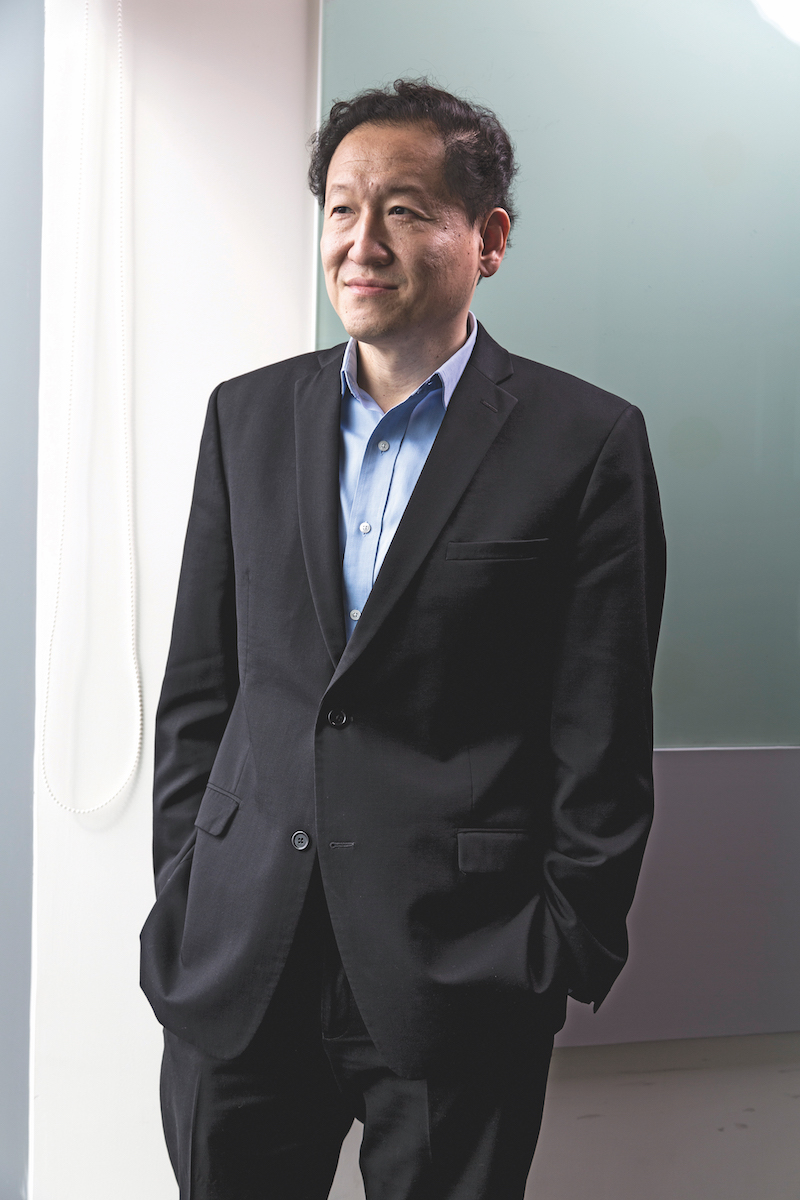
Over the coming years, the company will be focusing on sensors for greater efficiency, which is necessary with China’s emphasis on cleaner processes.
“We have our sensor portfolio well positioned to help our customers meet emissions or safety regulations. That will drive a lot of growth for our company in the next two years or so, especially in China. The environmental regulations and the speed of modernisation create the biggest opportunity for the company.”
In the long-term, the company predicts a growth in electrification throughout several industries. This will mean a greater need for sensor solutions.
Furthermore, the company plans to diversify its offering. “Going forward, we want to be more balanced,” Jing says.
“We want to have more parity for our industrial, aerospace and heavy-vehicle off-road to have a bigger piece of the pie. It is important for us to be diversified and able to serve our customers across different industries in a diversified manner.” Jing also wants the company to develop solutions focused on software systems.
Looking back on his career, Jing is proud of the strides he has taken to become the leader he is today. To anyone else planning on taking a leadership position, he believes in creating an engaging environment for the team. “I always want to be results driven,” he says.
“Your mindset has to be on coaching your people, so everybody wins together.”
“I think some people really want to get to the top and they’d like people to follow. I am very different. I like to engage with teams and delegate as much as possible. I think striving for team development is so important. I really enjoy coaching a team, spending time with them, understanding them and building relationships. That has always been my style. It’s so important to treat everybody as partners. Your mindset has to be on coaching your people, so everybody wins together.”
